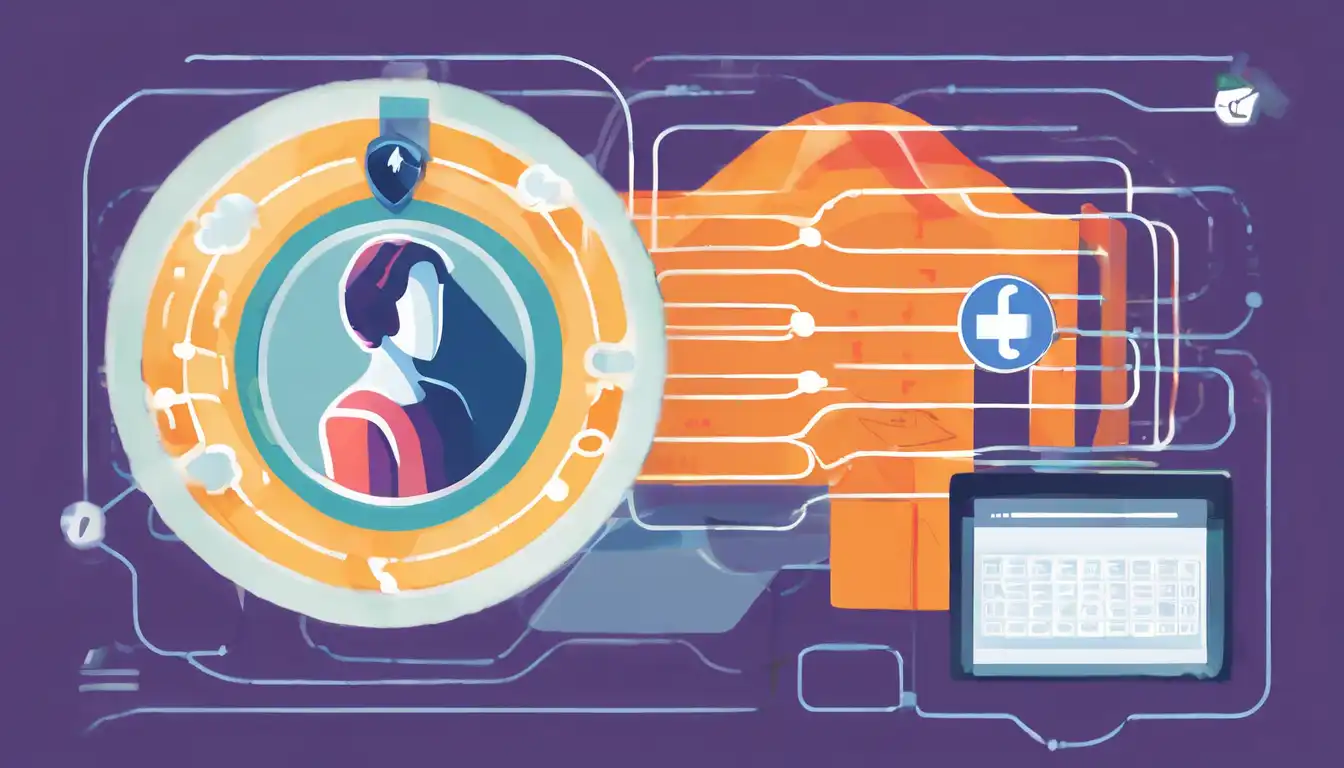Why VPNs Are Crucial for Online Privacy
In today's digital age, protecting your online privacy has never been more important. With cyber threats on the rise, a Virtual Private Network (VPN) serves as a critical tool in safeguarding your internet connection. This guide will explore the ins and outs of VPNs and how they contribute to your online privacy.
What Is a VPN?
A VPN is a service that encrypts your internet connection and hides your IP address, making your online actions virtually untraceable. This not only secures your data from hackers but also protects your privacy from prying eyes.
How Does a VPN Protect Your Privacy?
By routing your connection through a secure server, a VPN masks your IP address, making it difficult for third parties to track your online activities. This is especially important when using public Wi-Fi networks, which are often unsecured and vulnerable to attacks.
Choosing the Right VPN for Your Needs
Not all VPNs are created equal. When selecting a VPN, consider factors such as encryption standards, server locations, and privacy policies. Here are some key features to look for:
- Strong Encryption: Look for VPNs that offer AES-256 encryption, the gold standard in data protection.
- No-Logs Policy: Ensure the VPN provider does not keep logs of your online activities.
- Server Locations: More server locations mean better speed and access to geo-restricted content.
The Role of VPNs in Bypassing Geo-Restrictions
Beyond privacy, VPNs allow you to access content that may be restricted in your region. By connecting to a server in a different country, you can enjoy a wider range of streaming services, websites, and more.
Common Misconceptions About VPNs
Despite their benefits, there are several misconceptions about VPNs. Let's debunk some of the most common myths:
- VPNs Are Only for Tech Savvy Users: Modern VPNs are user-friendly and can be used by anyone.
- VPNs Slow Down Your Internet: While some speed reduction is possible, premium VPNs offer fast and reliable connections.
- VPNs Provide Complete Anonymity: While VPNs enhance privacy, they do not make you completely anonymous online.
Integrating VPNs into Your Daily Online Routine
Incorporating a VPN into your daily internet use is a straightforward way to enhance your online privacy. Whether you're shopping online, accessing public Wi-Fi, or streaming content, a VPN can provide an additional layer of security.
Final Thoughts on VPNs and Online Privacy
In conclusion, VPNs are an essential tool for anyone looking to protect their online privacy. By understanding how VPNs work and choosing the right service, you can enjoy a safer and more private internet experience. Remember, in the digital world, taking proactive steps to secure your data is not just optional—it's necessary.
For more insights on internet security, check out our guide on Understanding Encryption and how it plays a role in protecting your online data.
